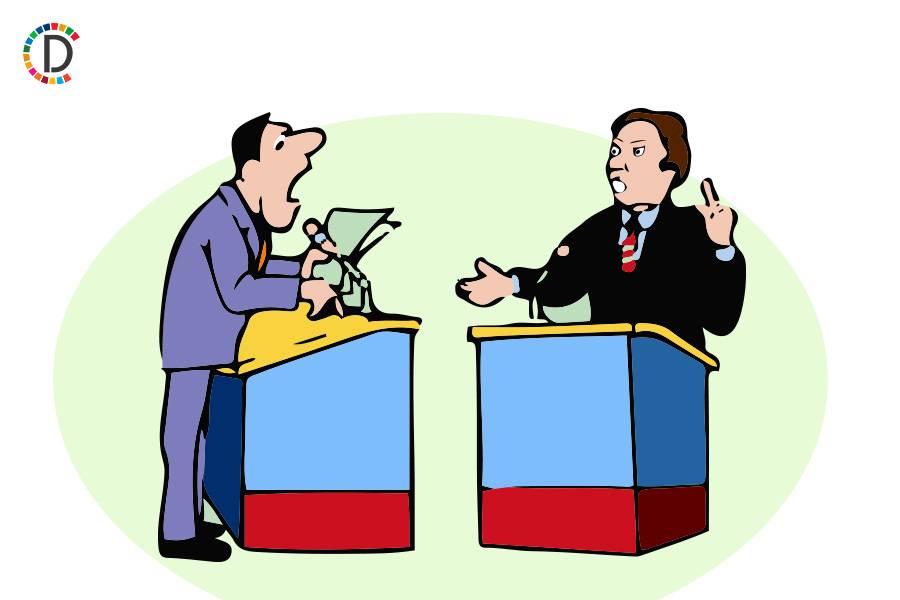Georgia's Political Unrest: A Struggle for European Integration
Protests erupted in Georgia after the government paused EU membership talks. Demonstrators, opposing Georgian Dream's alleged pro-Russian shift, skirmished with police, leading to widespread unrest. Thousands demanded democratic rights and a pro-European stance, which the government claims compromises sovereignty. President Salome Zourabichvili and various opposition groups seek annulled elections.

Tensions remain high in Georgia's capital, Tbilisi, as protesters clashed with police for the fourth consecutive night. The unrest stems from the government's decision to halt negotiations on joining the European Union, a move seen as indicative of growing pro-Russian and anti-Western policies.
Since the announcement to freeze EU talks, pro-European demonstrators have faced aggressive police tactics, including tear gas and water cannons. Thousands gathered again on Sunday evening, exchanging fireworks with law enforcement in a dramatic standoff in central Tbilisi.
Amidst the turmoil, President Salome Zourabichvili called out election irregularities while opposition forces pressed for workers' rights to protest. The situation has attracted international attention, with the EU and US expressing concerns over Georgia's political direction and potential alignment with Russian interests.
(With inputs from agencies.)









